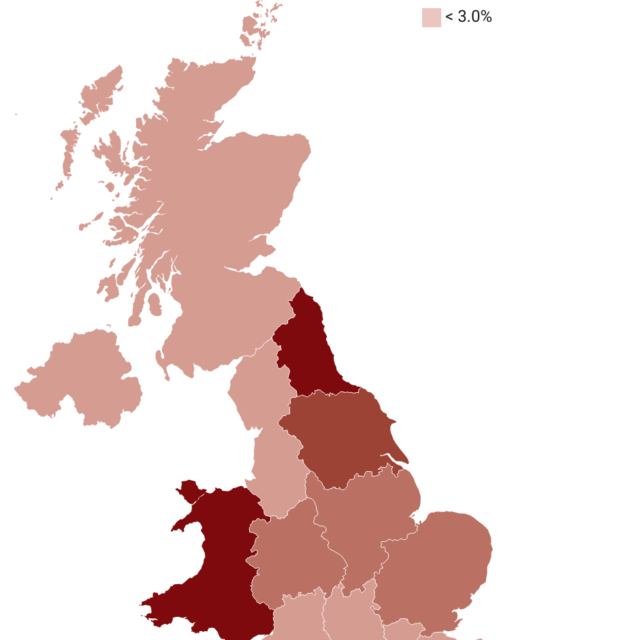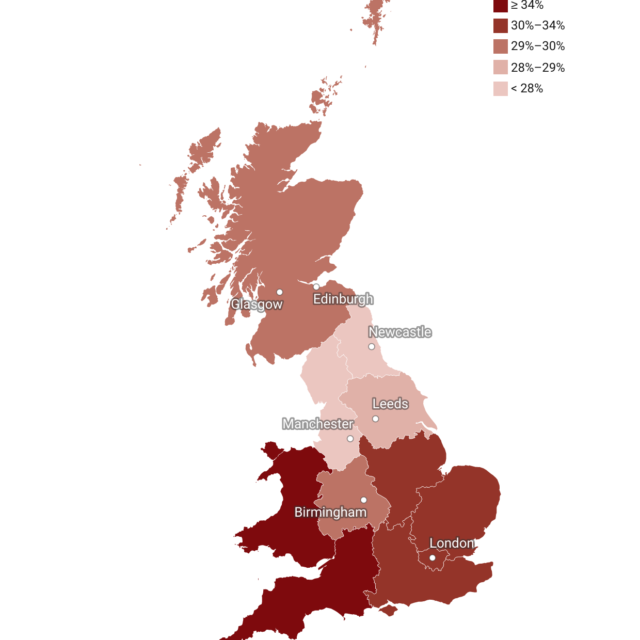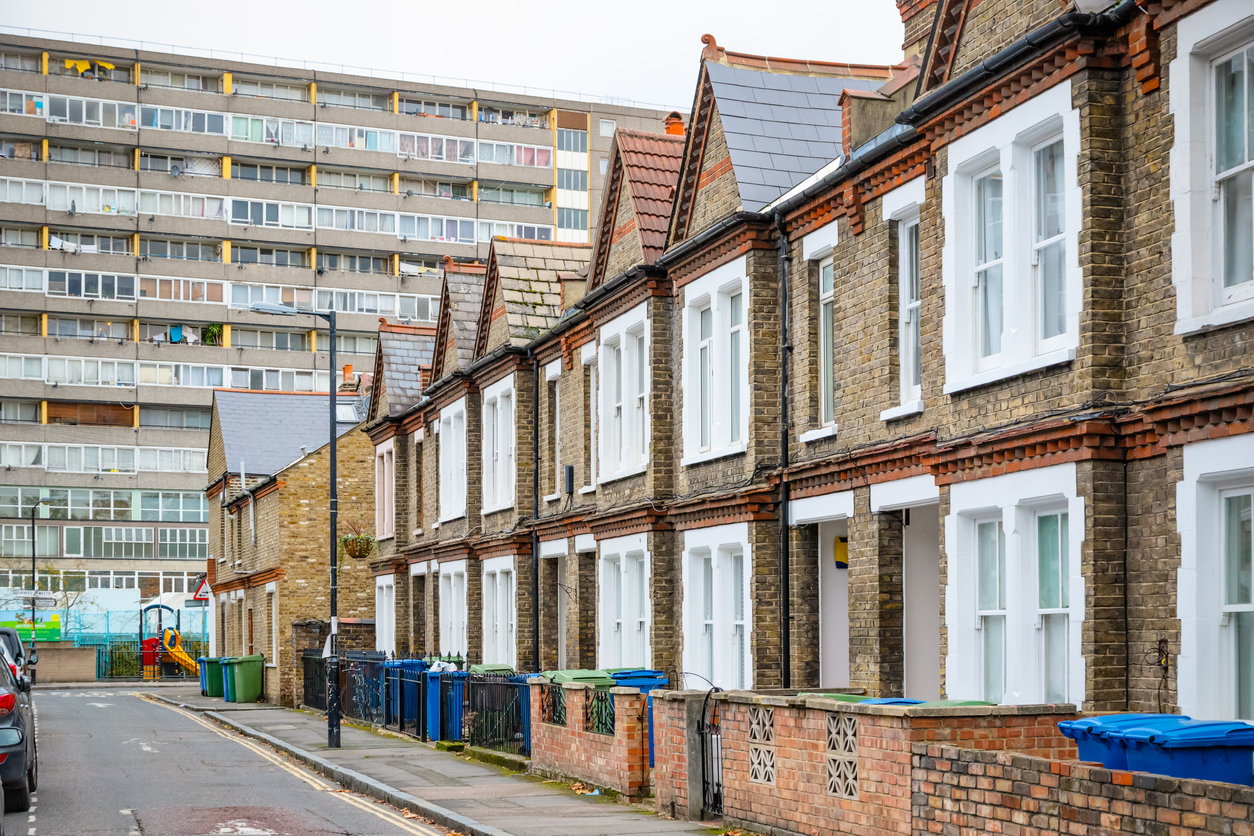Unfair Policies, Costly Consequences
The government has introduced a number of new policy initiatives offering financial support to those who lost their jobs during the crisis. However, the policies have been costly, not comprehensive, and financed in a way that is both unfair and endangering the prospects of post-crisis recovery. An alternative plan is proposed.

The social distancing measures introduced to contain the spread of the virus have either completely shut down or significantly reduced the activities of some sectors of the economy. Leisure, travel and retailing along with their suppliers and supporting services are among the hardest hit sectors. As with any other government policy there are both benefits and costs from social distancing.
The benefits are for everyone. By keeping a safe distance we minimise the chances of getting infected. But there is also a public good aspect. We also reduce the chances that others will get infected.
However, the costs of social distancing are unevenly distributed. As of mid-April a quarter of UK companies have suspended their activities and the majority of those still active are finding it very difficult to honour their liabilities to their creditors, suppliers, landlords and workers (see here). The government introduced a job retention scheme that covers 80 percent of an employee’s usual monthly wage up to a maximum £2,500. Approximately 8 million workers have benefited from the scheme which is about one out of four workers in employment during the pre-crisis period.
The aim of the scheme is to ensure that any job losses are temporary. However, as the number of firms going into administration keeps rising, an increasing number of furloughed workers will join those 3 million persons who have already applied for universal credit. The general idea behind the policy makes sense, however, there are four problems with its implementation.
First, the policy is very costly. The average cost of the program is approximately 14 billion a month and we need to also keep in mind that it covers only a fraction of those who lost their incomes because of the current crisis. Self-employed, permanent job losses and new starters are either addressed or yet to be addressed by other policies. Recognising the high cost of the policy, the government has already announced changes aiming to shift some of the burden to employers. The danger here is that the change in policy increases the likelihood that the employers will go into administration and the furloughed in the unemployment pool.
Second, the policy is financed the wrong way. Given that the interest rates hover around zero there is a temptation to finance all government spending by increasing public debt. However, this only makes sense in the long run for productive investments like, for example, infrastructure projects whose returns will be able to cover the cost of borrowing. The job retention scheme should be treated as a welfare (redistributive) policy financed through direct taxation.
Third, the policy endangers the prospects for recovery. It is important to keep in mind that the economy has not been contracting because the incomes of those in employment are low. What causes the economic slowdown as well as the withdrawal of labour is a sharp drop in spending. All workers still in employment have maintained their incomes while their ability to spend has significantly declined. By borrowing in order to maintain the incomes of those directly affected by the crisis the government, dangerously unbalances aggregate income and spending flows. There are two potential dangerous consequences. As others have argued, all the excess liquidity eventually will bring back inflation. Alternatively, taxes may have to be raised exactly at the time when the economy is ready to recover.
Fourth, the policy is unfair. As I mentioned above there is a public good aspect in the social distancing policies. This is true for both costs and benefits. While all of us are benefiting from social distancing, the majority is free riding on those who were unlucky enough to be employed in those sectors seriously affected by the crisis. Having a fairer distribution of costs is the least that we can do to ensure the social contract has not been violated. If we are asking those who lost their incomes to keep the social distancing rules so that all of us are safe we had better give something back.
For every person without a job there about two in employment (the calculation includes only those labour market participants aged between 16 and 64). The calculation is simple. Every pound of average monthly income tax on all those in employment can ensure that all those without jobs (irrespective of the cause of job loss) can receive an income of 2 pounds a month. Suppose we set the compensation such that on average each unemployed person (temporary or permanent) is compensated £1500 a month. If we finance it through income taxes the suggested compensation would imply an average tax of £750 per month or £9000 a year. Under the supposition that the average salary of those still employed is about £40000 this new Lockdown tax would be approximately 20% of income (keeping in mind that compensations are also taxable) if we wanted to fund it fully by income taxation.
According to the above plan all workers who lose their jobs during the crisis would be compensated equally, independently of whether the job loss is temporary or permanent, self-employed or new starters. The compensation is, on average, set 25% below what the government is now offering to furlough workers. However, the government has already announced that the program is too costly and it will steadily keep reducing the compensation offered for furlough workers.
The proposal aims to allocate the burden of social distancing in a more equitable way that is sustainable and does not put at risk the post-crisis economic recovery.
We only need to decide what type of society we would like to be part of.



















